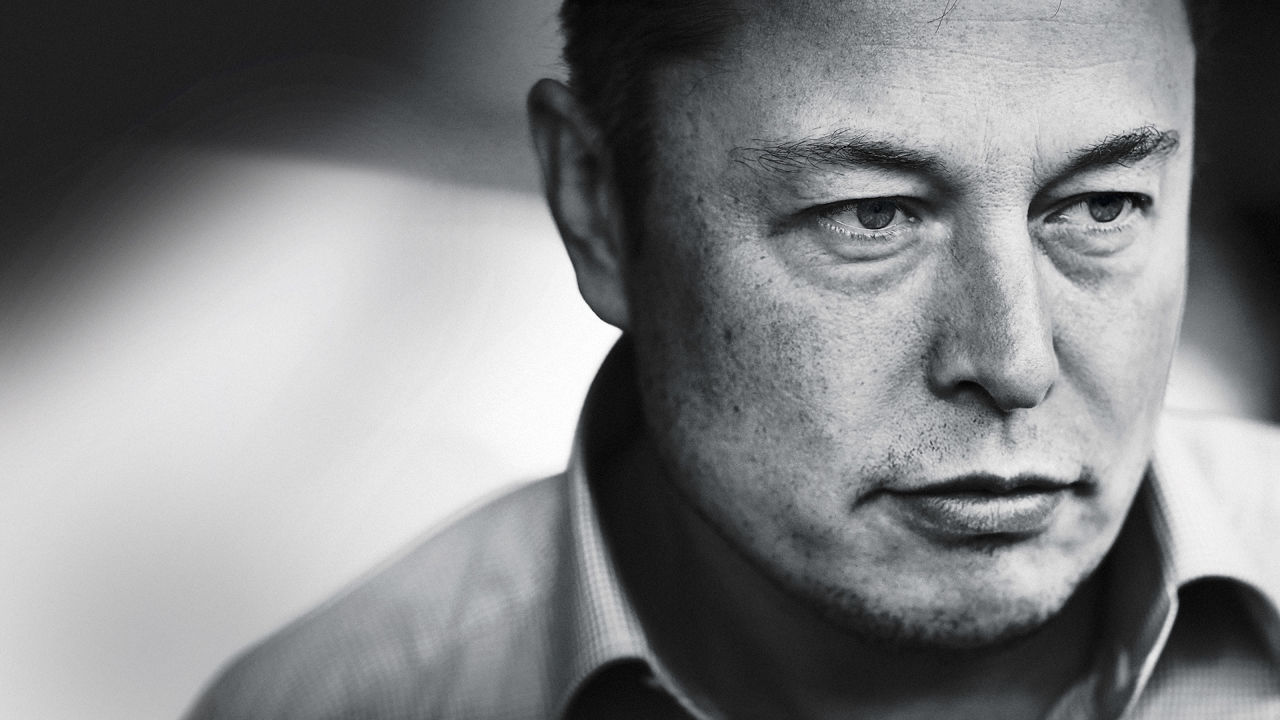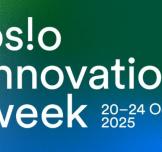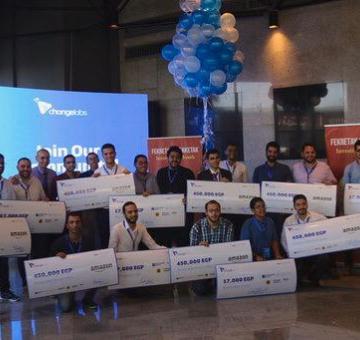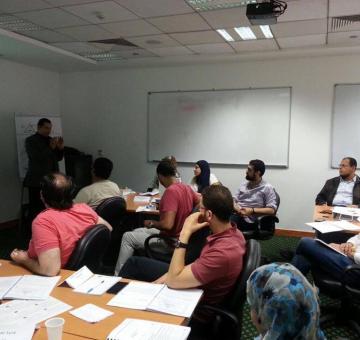5 Things You Learn From Elon Musk’s Way of Thinking

He thinks; a lot
Elon started thinking very early on. His parents thought he had hearing problems when he was 3 because he would get lost in his head and not answer them. That problem cost him his adenoid glands because his parents thought having them removed will improve his hearing. His mother is later quoted to “leave him be” because she knows he won’t be back for a while.
Elon had no problems hearing at all. Musk was just too distracted from reality inside his own mind. You will actually find that in his biographies and quotes, he starts thinking about a project many years before he starts working on it or investing in it.
To be able to take entrepreneurial decisions, create innovative plans and find creative solutions, one needs time to consider them first. Thinking cannot be overrated in this field.
Innovation is a non-selective thought process
During dinner with Tim Urban of “Wait But Why”, a conversation about Genetic Engineering was opened. Surprisingly, Elon turned out to have a lot of opinions. Genetic Engineering seems to be the furthest field from his education or career. Yet, he handled it the same way he handles all other aspects of his life. It would even seem that Musk wants to optimize humans quite like he optimizes everything else, describing DNA as “Human Software.”
This trait is apparent in his projects overall. The projects he founded follow a wide range from aerospace to renewable energy sources to an online payment system. All he wanted from each one was to make things easier, more manageable and available for all innovators to work on, like getting rockets to be made by the private sector.
Elon didn’t limit his mind to one field. He thinks critically about everything that crosses his path and tries to make it better.
Your life is made of hours. So are your priorities
Musk is known to set his priorities straight. Quite like how he gives thinking its fair share of time, he considers everything and sets it a number of hours too. A quote is attributed to Elon that puts this in perspective for us. He was considering dating and was trying to find out how many hours do women need per week, approximating it at about 10 hours.
Another quote of Musk involves him wishing of a way he can get nutrients without sitting down for a meal since it clearly takes far too much of his time.
In a way, Elon considers everything in a sum of hours it deserves and needs. Musk does not give his hours away to what doesn’t deserve it.
Animated movies and Sci-Fi are not vain ideas
Elon has been considering all those companies that put slides in their lobbies. Except, Musk doesn’t want a slide, does he? Elon Musk, 21st-century innovator, and entrepreneur wants to put a roller coaster, a fully functional roller coaster in his factory in Vermont. The roller coaster would be able to take you, not just all around the factor, but up and down too to replace the elevator.
Integrating this with how he wishes to revolutionize transportation between cities by shooting people through tubes at speeds higher than 700 mph, it’s all highly reminiscent of the very odd elevator featured in Charlie and the Chocolate Factory.
All creative ideas are worth applying. No line exists between books and movies and real life. Elon will take any idea and see how it can be put to good use.
Society’s common laws probably do not apply
In more than one instance, Elon would call somebody he has never spoken to before out of the blue. One of the first times he did that was in college when he cold called executives he had read about in the newspaper and asked to meet them for lunch. Surprisingly enough, this worked for him. One of the executives he called, a banking executive, actually took him seriously and got him an internship at the bank.
Later on in Elon’s life, when he wanted to work on rockets in the private sector, he called an aerospace consultant and asked how to get a rocket to Mars. That was one of the first steps that led him to later founding Space X, his spacecraft company.
A lot of people wouldn’t try to break the social stigma and just pick up the phone or contact people to get to what they want. Elon did, though.
Another note is that his calls were not conventional. Elon approached those people differently. He asked to be taught and directed by them. Many entrepreneurs would call investors and try to impress them with their flawless products just to get money. But Elon Musk wanted to be taught; he asked for information; he asked for experience. He tried to make up for what he lacked by asking others.






































































EgyptInnovate site is not responsible for the content of the comments